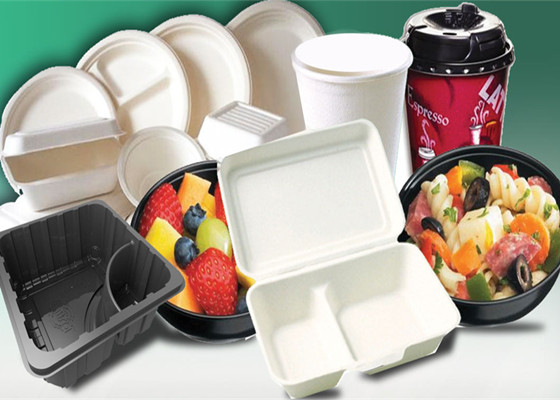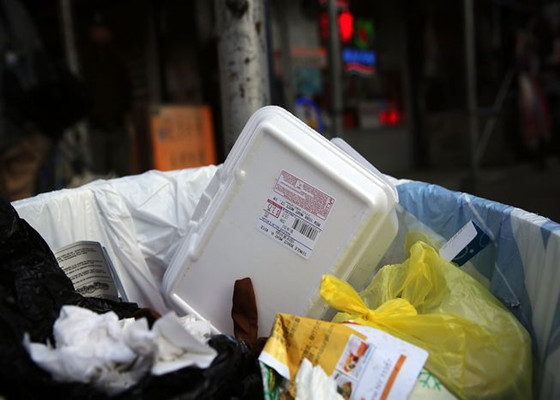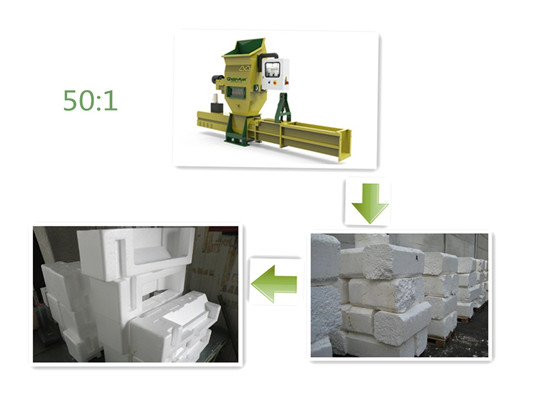Los Angeles City is joining a growing group of cities in banning Expandable Polystyrene Foam (EPS). The disposable EPS products including cups, takeout food containers and packaging materials are not allowed to be possessed, sold or offered in Los Angeles.
It costs local governments millions of dollars to clean up the littered remains of polystyrene cups and containers. Polystyrene (also called plastic foam, and incorrectly referred to as Styrofoam by many) is a lightweight, inexpensive material that is about 95 percent air. The insulating properties and cheap manufacturing costs of EPS have made it a popular choice for business.
But how polystyrene foam is bad for our environment? For instance, it is estimate that China produces about 5 million tons of polystyrene foam waste annually. At present, waste polystyrene foams account for three percent to five percent of China’s total annual landfill waste, most of which are waste plastic bags and foam food containers. Waste polystyrene foams do not biodegrade easily and cause soil compaction, resulting in long-term and potential ecological and environmental problem. But it can break down into small pieces that float in the ocean and get eaten by fish or seabirds that will be ending up back on our tables. That is to say, it is not just bad for the fish and oceans, it also bad for humans when it leaks into marine environments and contaminates water.
Recycling polystyrene has been well welcomed with high professional recycling machine in recent years. A polystyrene shredder from GREENMAX can help compress the loose polystyrene materials into dense blocks. Because the machine can work at a ratio of 50:1 that means the compressed material is 50 times smaller than before。
Recycling is related to everyone, let’s take action to protect our environment. If you are interested, welcome to leave your comments.


